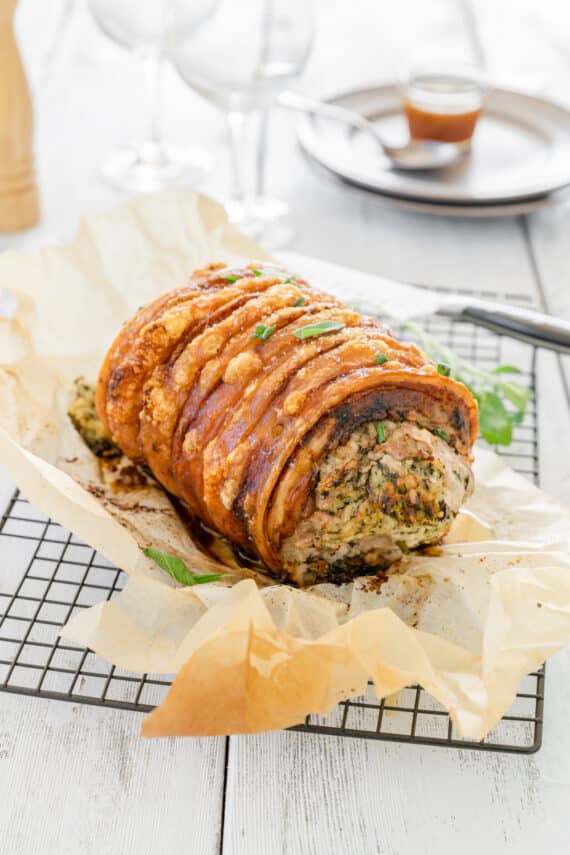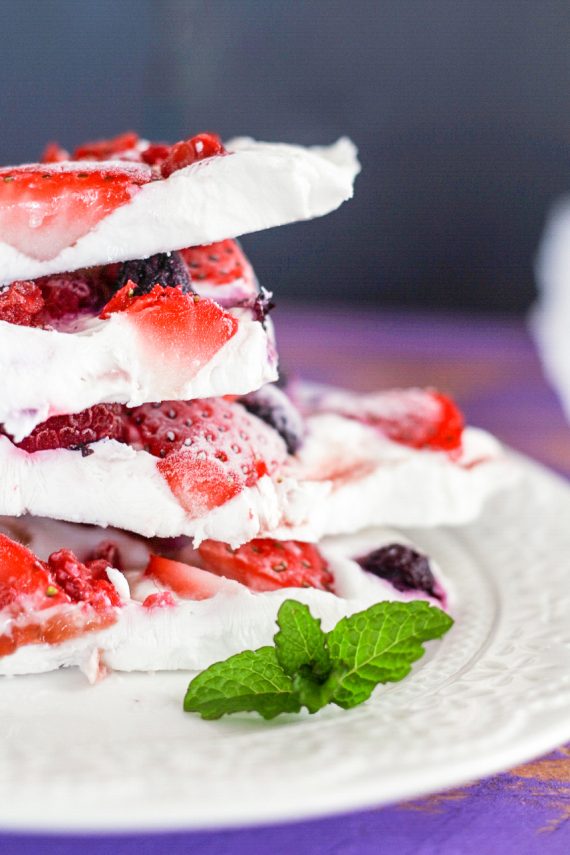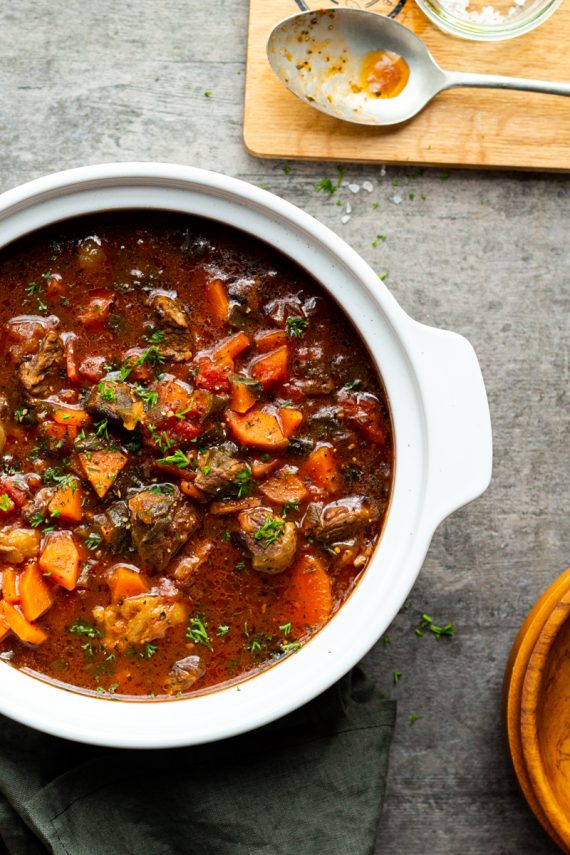If you live with Irritable Bowel Syndrome (IBS) then you know symptoms can vary. Some days or weeks you can be fine and then all of a sudden you’re in the middle of an IBS flare and your symptoms are out of control. Gut symptoms are physically and emotionally draining and can leave you wondering how you are going to manage everyday tasks. Luckily there are lots of things you can do to help reduce symptoms until the flare passes. Check out our guide below on how to calm an IBS flare.
How to Calm an IBS Flare
Manage the Symptoms
Whether you are dealing with excess gas, abdominal pain, diarrhoea or constipation, there is a range of over-the-counter and prescription medication that can help ease symptoms during an IBS flare. Always talk to your healthcare professional or pharmacist about what options are suitable for you. There are also some non-medication options that can help relieve the pain and discomfort.
Enteric-coated peppermint oil capsules can help relieve bowel spasms and reduce abdominal pain.
Anti-diarrhoea medication such as Loperamide (Imodium) or Lomotil can help slow diarrhoea. Talk to your doctor about whether using this medication during IBS flares is appropriate for you.
Non-prescription anti-gas medications containing simethicone or bismuth are worth considering. Check the ingredient labels of chewable tablets or liquid forms of these medications if you are sensitive to polyols.
Fibre supplements and laxatives can be helpful if constipation is your predominant symptom. Laxatives can help provide faster relief from symptoms, while the right fibre supplement can help reduce long-term constipation. Different types of laxatives can take different amounts of time to work – talk to your doctor or pharmacist about what option is right for you.
Ginger isn’t a medication; however, it can help reduce nausea triggered by an IBS flare. Ginger is also low FODMAP and gentle on the stomach. You can quickly turn fresh ginger into a comforting tea by adding a couple of slices of ginger, a slice of lemon and a drizzle of maple syrup to a cup of boiling water.
Heat pack to reduce abdominal pain. A warm heat pack can help provide comfort and relax the smooth muscles of the large bowel reducing abdominal cramps.
Be Gentle with Yourself
Experiencing an IBS flare can be physically and emotionally draining. If possible, take time to look after yourself and give your body and mind space to rest and recharge.
Rest
It’s normal to feel tired during an IBS flare. Try to prioritise your sleep by reducing screen time before bed, using relaxation and deep breathing techniques, and going to bed at a consistent time.
Manage stress
While it’s often not possible to reduce the causes of stress, changing how our body responds to stressful situations is possible. Your body’s stress response can dramatically affect your IBS symptoms due to the brain-gut connection. Learning how to change your body’s response to stress can help reduce stress hormones like cortisol and adrenaline and give you tools to gently direct your thoughts away from the physical discomfort you experience during a flare. Some techniques that help include deep breathing, yoga, guided imagery, mindfulness or gut-directed hypnotherapy.
Relax
Do something that makes you feel good, even if it’s just for a few minutes. Distracting your mind and giving it space to focus on something else can help reduce the discomfort from the flare. For example, you could try reading a book, enjoying a hot drink, or curling up and watching your favourite tv show.
Gentle exercise
Getting off the couch and exercising is often the last thing you feel like doing during an IBS flare, but it can be beneficial for your mind and body. If you need to stay close to a toilet, try gentle stretching or yoga for IBS at home. Alternatively, a gentle walk is an excellent place to start if you feel like you can venture out. These types of exercises can help relieve gas and bloating and boost your mood.
Nourish Your Body
Food can feel like the enemy when you are in the middle of an IBS flare. However, going without food can sometimes worsen symptoms like nausea and stomach cramps. So instead, focus on these food strategies:
- Eat low FODMAP foods for a few days until symptoms settle.
- Have small meals evenly spaced throughout the day.
- Avoid known gut symptom triggers like caffeine, alcohol, carbonated drinks, and chewing gum and breath mints.
Take a look at our food ideas below if you are feeling stuck.
Gentle Food Ideas While You Recover
These easy meal and snack ideas can help you stay nourished during your IBS flare:
- Low FODMAP or gluten free toast topped with butter, strawberry jam, peanut butter, scrambled or fried eggs (try boosting your nutrition by adding grated cheese or pan-fried spinach)
- Creamy porridge made with ½ cup of rolled oats and low FODMAP milk (e.g. lactose free, almond milk, rice milk, etc). Try topping the porridge with a dollop of strawberry jam and a handful of blueberries, just ripe banana and a sprinkle of brown sugar, sliced kiwifruit, or a tablespoon of peanut butter and five raspberries.
- Nourishing soups like slow cooker chicken soup, minestrone soup or homemade pumpkin soup.
- Rice crackers – start with a few plain crackers then add cheese or other favourite toppings.
- Plain rice – add plain cooked protein and some stir-fried vegetables when you’re ready for something more substantial.
Final Thoughts
There are lots of different strategies you can use to calm an IBS flare and manage gut symptoms. Working with your healthcare provider is the best way to create a treatment plan that works for you. If you need more support, then let us know – we’ve helped thousands of people calm their gut symptoms through our FODMAP Made Easy Programme.
Image credit: Photoroyalty/Shutterstock.com












Thank you for these very good tips!
Hi Vicky,
You are very welcome! We hope these help.
Thanks Alana for the tips, so hope you and your family are having a nice family time
Thanks Kathryn. We are having a lovely holiday break.
Hallo, great useful advice but I was alarmed at breath mints being not advisable. I use curiously strong mints for nausea and wonder what you mean by breath mints.
Hi Angela,
Are you referring to the Pascall Curiously Strong Mints? These are sweetened with sugar and glucose so we would consider these okay for the low FODMAP diet at this stage. You just want to avoid mints that are sweetened with polyols. We hope that helps.